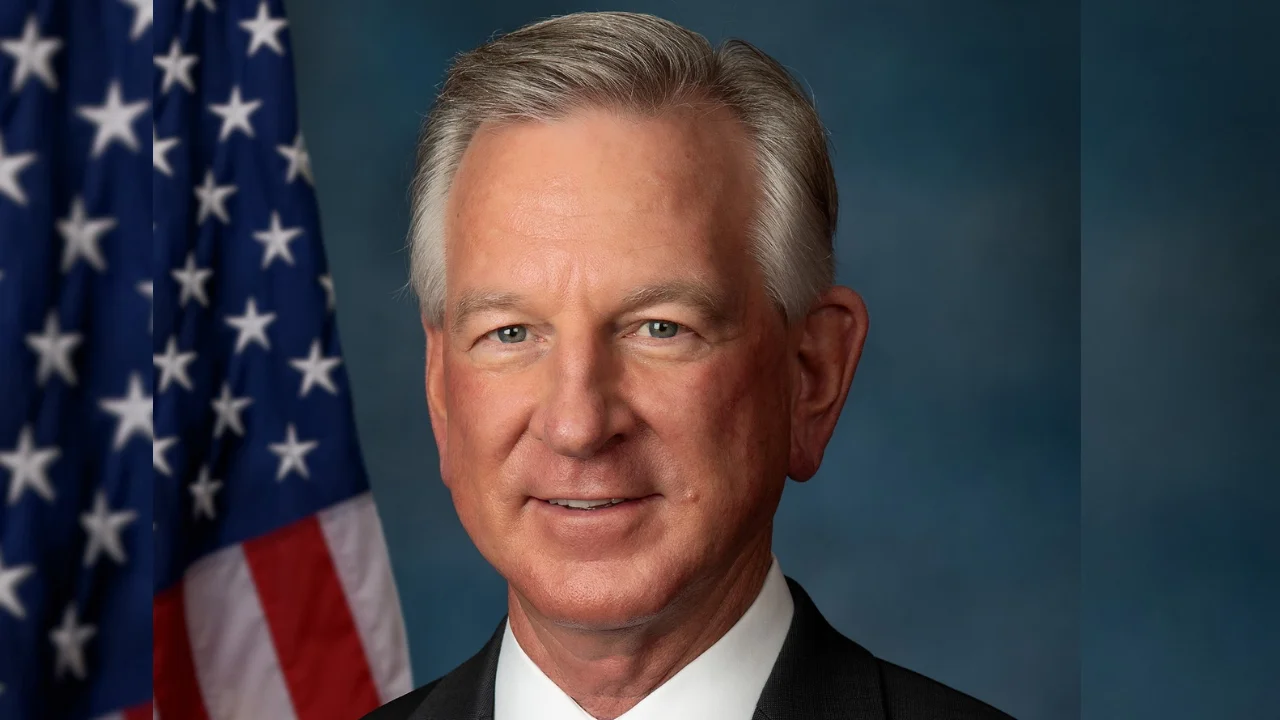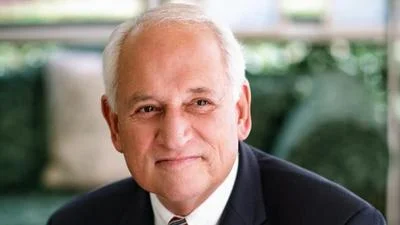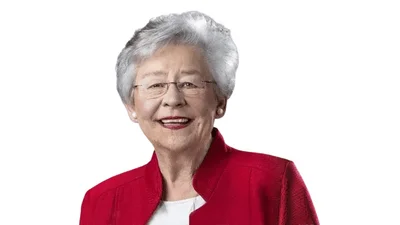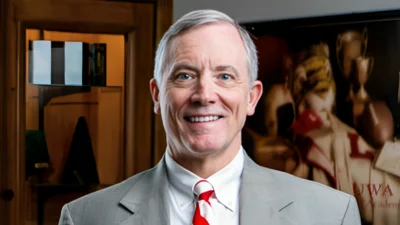US Senator for Alabama | US Senator for Alabama website
US Senator for Alabama | US Senator for Alabama website
U.S. Senator Tommy Tuberville (R-AL) participated in a U.S. Senate Special Committee on Aging hearing focused on the role of transparency in reducing health care costs. During the hearing, Tuberville engaged with Mark Cuban, Co-Founder of Cost Plus Drugs, and Dr. Keith Smith, Co-Founder of the Surgery Center of Oklahoma, to discuss how greater transparency in drug pricing and surgical costs can benefit patients.
Tuberville highlighted the rising costs in the health care system and asked Cuban about the impact of bypassing traditional pharmacy benefit managers (PBMs). Tuberville referenced a new initiative: “President Trump has announced ‘Trump RX,’ a new website, which will connect patients directly with the best prices. How might Trump RX and direct-to-patient programs improve affordability for patients? You’re basic—why are you doing this?”
Cuban responded, “Yeah. I mean, we’ll work with Trump RX, I mean, it’s incredible. It’s stupendous. It’s like the most incredible program ever. And so, we’re excited to offer them our API so that they’ll be able to download our daily prices. So, when they go down, everybody benefits. Plus, I like what they’re doing with the MFS. Because as I mentioned in my comments, our brand drugs are more expensive because PBMs are involved. And with Trump RX and the MFN program, that allows manufacturers to work around the PBMs and work directly to patients. So, I think it’ll save seniors, it’ll save everybody a lot of money.”
Tuberville then asked Cuban if he saw this as the future of health care pricing. Cuban replied, “I don’t think it solves the ultimate problem of how the system is designed. But I think it’s something that we obviously agree on because that’s what Cost Plus drugs is. We publish our entire price list every day.”
Tuberville inquired about the impact of transparent pricing on patient savings. Cuban said, “I mean, you know, with CostPlusDrugs.com, any patient can just go look at their price for their medication. And, so, there’s no uncertainty. But more importantly, by seeing our markup of only 15% and seeing our costs, that builds trust. I always tell everybody in our company that what we really sell in this industry is trust. And, so, I think that’s what’s really allowed us to grow so quickly.”
Tuberville asked for a specific example involving the drug Ozempic. Cuban explained, “Well, if you look at what’s happening now where the PBMs work with sponsors, they’re typically being charged $1,300. And if you look at the direct-to-consumer programs, that are being put out there by Novo and Lilly, it’s $499 or less and probably falling. So, there’s already a significant difference. And the crazy part is that difference of $800 typically goes right into the pocket of the PBM who then decides how much they’re gonna give to the employer. So, it’s been—it’s a huge amount as of right now.”
Turning to Dr. Smith, Tuberville asked about the inspiration for creating a transparent surgical model. Smith stated, “Well, we started the Surgery Center of Oklahoma because, frankly, practicing in a big hospital as an anesthesiologist I’d served as an accessory to a financial crime. Surgeons were also being denied the tools many of them required to appropriately treat patients due to the cost-cutting measures at hospitals trying to maximize the revenue. So, I didn’t grow up in a home like that. I grew up [with], which is a golden rule, mutually beneficial exchange. And so, as a hospital-based physician, the only way I could escape that was to own and control my own facility […] where I was responsible to the patients, not just for the medical treatment, but also the way financially we dealt with them. So, the patient asked, you know, what can you do about this bill? My answer was everything, including not charging them. So, we’re in a good position to be charitable on an individual basis, and that’s really the answer. We started it because we wanted to be in control of the medical and the financial journey the patient had in their health care experience.”
Tuberville questioned whether patients are willing or able to shop for health care based on price transparency. Smith responded, “Well, patients will not only shop for care, but they’ll vote with their feet. Half the patients we see at Surgery Center of Oklahoma do not live in Oklahoma. We see patients from Europe and Africa, all over the United States. And self-funded employers see such an insane price difference between our prices and the local hospital where they’re doing business [that] they wave all out-of-pocket for those employees and a companion to fly to the Surgery Center of Oklahoma to have their procedure. And not just us, but those who’ve copied us. So, people will shop and they’ll travel and furthermore, they’ll hold our price up in front of their local hospital and tell them match this or I’m going to Oklahoma City. We had a patient from Georgia that was gonna be charged $40,000 for a urologic procedure and our online price was $4,000 and the hospital matched our price because that would have been the second patient that month that came to Oklahoma City and they didn’t wanna see that. The patient reached out to me later and said, ‘You saved me $36,000 and you didn’t even perform the surgery.’ So, there is a market that is developing, it’s a competitive market, it’s driving prices down. It’s driven prices down in Oklahoma City, I know, and quality goes up at the same time.”
Senator Tuberville closed by thanking the witnesses for their insights.
Senator Tuberville serves Alabama in the United States Senate and is a member of several committees including Armed Services, Agriculture, Veterans’ Affairs, HELP, and Aging.






 Alerts Sign-up
Alerts Sign-up